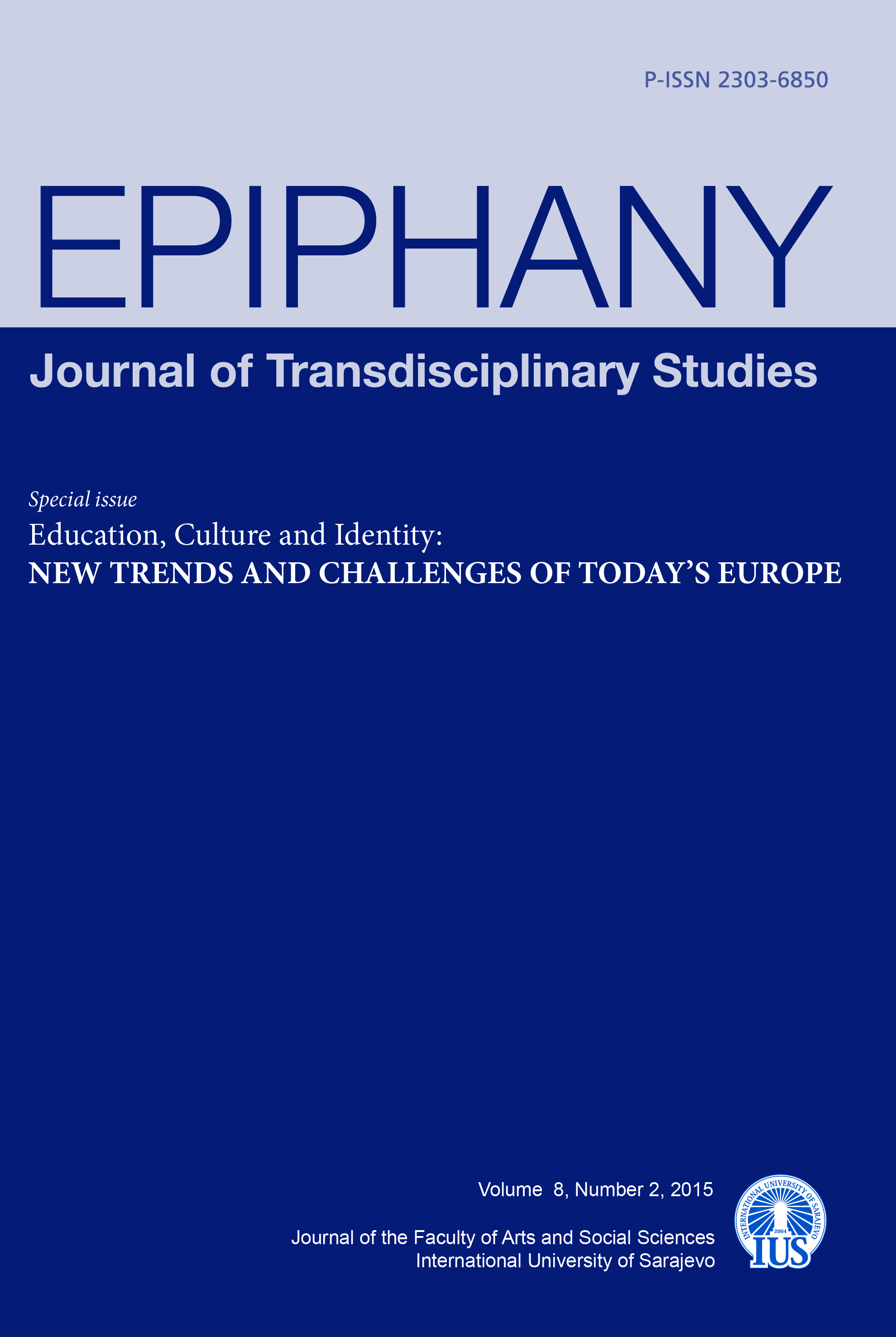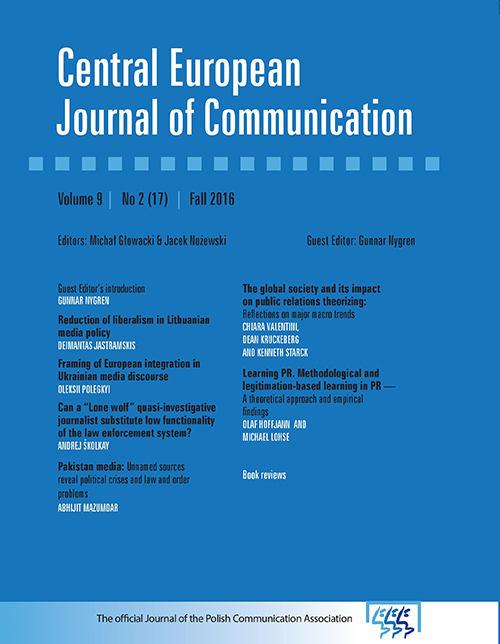
Using Blogs to Promote Student Interaction and Learning in EFL Classes
Using Blogs to Promote Student Interaction and Learning in EFL Classes
Keywords: Blogs; EFL; Student Interaction and Learning; Online Learning Community; Students' Attitudes and Perceptions;
This paper addresses the application of a class blog in an EFL (English as a foreign language) teaching context in order to promote student interaction and learning. A weblog, or blog, is an interactive homepage easy to set up and manage, which permits publishing online. Although it was not initially provided for pedagogical purposes, a blog has a great potential to be used as a tool in EFL classes, especially to motivate students to engage in online exchanges, thereby expanding their language study and learning community beyond the walls of a physical classroom. This small scale action research explores the usefulness of incorporating a blog project into an EFL class as it provides an effective means of facilitating greater learner interaction and reflection on language skills development. A class blog was envisaged as an out-of-class project aimed at motivating students to practice language skills and communicate with others via this new computer-based learning platform outside the classroom. The participants for this study were the third and fourth year students (n= 52) of the Pedagogical Faculty in Sarajevo attending an EFL elective course. The research mainly focused on the students' attitudes and perceptions of using a class blog to support their English language learning and foster student interaction in an online learning community. The project lasted for two semesters and data were collected from students through a questionnaire at the end of the term. The results of the questionnaire reveal that students had an overall positive attitude towards using a class blog as an appropriate medium for practicing both their language and social skills.
More...
